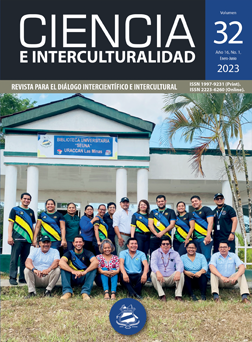Primary Health Care and interculturality in Diaguitas communities in Salta and Catamarca, Argentina
Abstract
This article deals with the problem of communitarian health care in indigenous territories in the Argentine Northwest and is the result of a research paper on Primary Health Care (PHC) strategies in Diaguita communities in the Andean region from provinces of Salta and Catamarca (Argentina). Thus, the situation of health care and the modes of intervention by the PHC teams of the hospitals in the community territories under study are characterized, also inquires about the perceptions of the communities about such care. The research has had a predominantly qualitative methodological design through the implementation of in-depth interviews with different actors and observations in the territory. The findings reveal the existence of many uncertainties between the public health system and the traditional medicine practices that are deployed in the communities. Although there is progress in the creation of public policies for the recognition of indigenous rights and their own cultures and worldviews, at the same time, the replica of ways of invisibility and coloniality towards the knowledge and practices of indigenous peoples in general, and the lack of intercultural perspectives in health care in particular, is evident. In parallel, a growing process of revaluation of traditional medicine within the communities is observed.
Downloads

This work is licensed under a Creative Commons Attribution-NonCommercial-NoDerivatives 4.0 International License.
El autor mantiene los derechos morales y permite la cesión gratuita, exclusiva y por plazo indefinido de sus derechos patrimoniales de autoría a la Universidad de las Regiones Autónomas de la Costa Caribe Nicaraguense (URACCAN).






